To influence societal attitudes and population policy it is important for organizations that understand the population factor to reach out to politicians who can enact necessary changes. Below follows one such example, where the Swedish group Nätverket ‘Population Matters Sweden’ wrote letters to all members of the Swedish parliament, highlighting the need to address population both abroad, through aid to other countries, and at home.
Translated by The Overpopulation Project
Hi «Name»! [member of party and parliament]
We are members of Nätverket ‘Population Matters Sweden’1 who hope to get in touch with you for a dialogue on population issues. The Stockholm 50+ environmental meeting has just ended. Unfortunately, we see that despite good intentions already 50 years ago, and all the development that has since taken place regarding environmental technology and renewable energy, environmental problems are much more serious today than in 1972. Habitats for animals and plants disappear at a devastating pace, the number of species in decline increases each year and the climate is getting warmer. We believe that there is a root cause for this that is hardly discussed at all: that the earth’s population in 2022 is more than twice as large as in 19722-12, with a growth of about 80 million per year in recent decades. The UN forecasts the population by 2100 will have grown from the current 7.9 to as much as 11 billion. No other change in economics or environment has as great consequences, while at the same time being so neglected in the media, politics, and international cooperation (although not in scientific research and literature).
Rapid population growth in developing nations contributes to poverty and food insecurity. Oxfam and the FAO recently warned that close to a billion people are at risk of extreme poverty and starvation by the end of the year, due to dramatically rising food and fuel prices as a result of climate change, pandemics, and war. They need help, but it is not appropriate to just provide emergency aid without simultaneously working vigorously for sustainable development.
Afghanistan is one of several warning examples, heavily dependent on aid from the West. Their own resources cannot support the population, which is growing rapidly, as the birth rate is over 4 children per woman and half the population is younger than 18 years. Of Sweden’s aid there, 78% has gone to promoting democracy, but nothing to family planning! In just over 30 years, Afghanistan’s population has increased from about 10 to 40 million2, despite armed conflicts and significant emigration. The majority are completely dependent on aid for secure food supply. The same is true for large parts of Africa.

We propose that Sweden makes aid conditional to countries that express desire to implement programs for family planning, and in this way contribute to sustainable development. This can be done in collaboration with other donors to women’s education, self-determination, and family planning, for example the organization FP2030 (started in 2012 by the Gates Foundation11).
But even in Sweden we need to discuss family planning. Partly because population growth here has major negative effects on the environment due to our large per capita ecological footprint, but also because large families among some foreign-born citizens risk cementing exclusion. Having large numbers of children makes integration more difficult, as it can lead to women neither learning Swedish nor getting a job. The welfare state will severely deteriorate if there is a further large increase in population in areas of exclusion that lack integration, have high unemployment, and weak school results. There are therefore strong reasons to avoid financial incentives that favour large families (see our article in Aftonbladet10). Having few children is good for human welfare, for the environment, and for limiting climate change.
We therefore propose abolishing the large family supplement and limiting child allowances to two per family10 in order to promote sustainable societal development.
We have put forward these proposals on the need for family planning in two articles, in Expressen2 (2021-10-03) and Aftonbladet10 (2021-12-15). [See a translated version of the Op-Ed in Aftonbladet here]
We wonder (please contact us):
- How do you view the proposals we present here?
- We would like to hold an informal seminar for a constructive discussion on these issues, after the elections this autumn. Several of us conduct research on population issues and can provide background. If the interest is sufficient, we plan to invite additional experts to present relevant knowledge. Would you be interested in attending such a seminar?
Sincerely,
Leif Andersson, biologist, professor, Uppsala
Malte Andersson, ecologist, professor emeritus, Gothenburg
Susanna Andersson, PhD in chemical ecology, high school teacher, Alingsås
Johanna Deinum, associate professor of biophysical chemistry and coordinator of Nätverket ‘Population Matters Sweden’, Gothenburg
Frank Götmark, professor of ecology, Gothenburg
Carl Wahren, political scientist, formerly active at the OECD, UN, Sida, IPPF
1 Nätverket ‘Population Matters Sweden’ is politically independent and informs about the negative consequences of overpopulation and continued population growth. We try to make the public aware of the problems, point out measures, and get the governments and the parliament to modify development aid policy to reflect this. Helping governments and individual men and women who want to limit family size, should be an overarching goal in aid to developing countries with unsustainable population growth. The path to this goal is through targeted support to countries interested in participating in this work.
References
- https://natverketpopulation.com/
- (2021) Andersson, L., Andersson, M., Deinum, J. & Götmark, F.: ”Afghanistans skenande folkökning är ohållbar.” Expressen 2021-10-03 https://www.expressen.se/debatt/afghanistans-skenande-folkokning-ar-ohallbar/
- (2021) Andersson, M., Götmark, F., Wijkman, A.: “Bromsa både folkökning och klimatändring” Many of today’s environmental problems are more due to population growth than to climate change. Swedish development assistance could make a big difference, SvD 2021-02-02, https://www.svd.se/bromsa-bade-folkokning-och-klimatandring, see a translated version here
- (2021) Andersson, M., Götmark, F., Wijkman, A. : ”Familjeplanering är en viktig nyckel” Birth rates can be greatly reduced on a voluntary basis without the standard of living first having to be raised to the Western level. SvD debate reply 2021-02-11, https://www.svd.se/familjeplanering-ar-en-viktig-nyckel, see a translated version here after the initial article
- (2021) Deinum, J., Jonsson, L., Tauson, A.: ”En hållbar befolkningsnivå för en levande planet.” Miljömagasinet (2021-05-21) 41, 20, 6 https://etidning.miljomagasinet.se/1877/miljomagasinet/412305/2021-05-21/r/4
- (2021) Sirén, A.: ”Betala kvinnor som föder högst ett barn.” Aftonbladet 2021-08-03, https://www.aftonbladet.se/debatt/a/JEKloR/betala-kvinnor-som-foder-hogst-ett-barn, see a translated version here
- (2021) Sirén, A.: ”Föda färre barn är trots det en nödvändig åtgärd.” Final remark from Anders Sirén on reversing population growth to save the climate. Aftonbladet 2021-08-16 https://www.aftonbladet.se/debatt/a/47ElgE/foda-farre-barn-ar-trots-det-en-nodvandig-atgard
- (2021) Deinum, J, Jonsson, L. & Tauson, A.: ”Begränsa befolkningsnivån för planetens skull.” Uppsala Nya Tidning 2021-09-29 https://unt.se/bli-prenumerant/artikel/lwpn7z7r
- (2021) Boisen, L.I. & Deinum, J.: ”Varför blundar världens ledare för befolkningsökningen?” Landets Fria nr 279, 2021-12-10 https://landetsfria.nu/2021/nummer-279/varfor-blundar-varldens-ledare-for-befolkningsokningen/
- (2021) Andersson, L., Andersson, M., Götmark, F. och Deinum, J.: ”Flerbarnstillägget leder till sämre integration.” Aftonbladet 2021-12-15 https://www.aftonbladet.se/debatt/a/BjmPM7/flerbarnstillagget-leder-till-samre-integration; see a translated version here
- FP2030 is a global partnership that only deals with family planning (https://fp2030.org/Building2030 )
- (2020) Andersson, M.; Berggren, C.; Boisen, L. A.; et al.: ”Minskande befolkning inte problemet”. DN 2020-07-31, https://www.dn.se/debatt/minskande-befolkning-ar-inte-problemet/


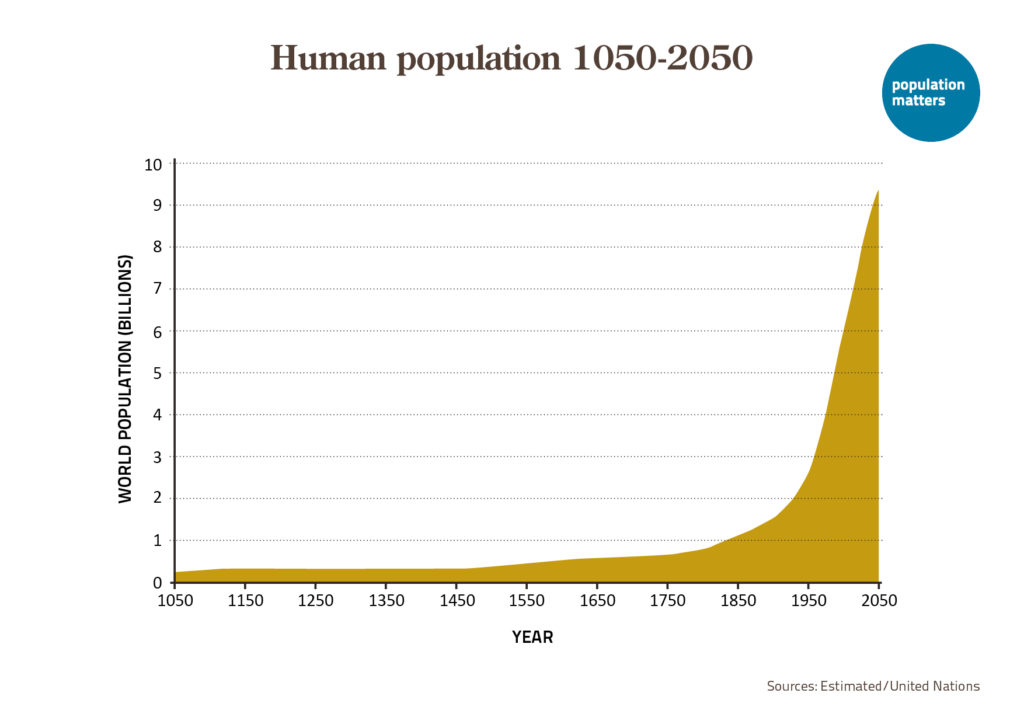
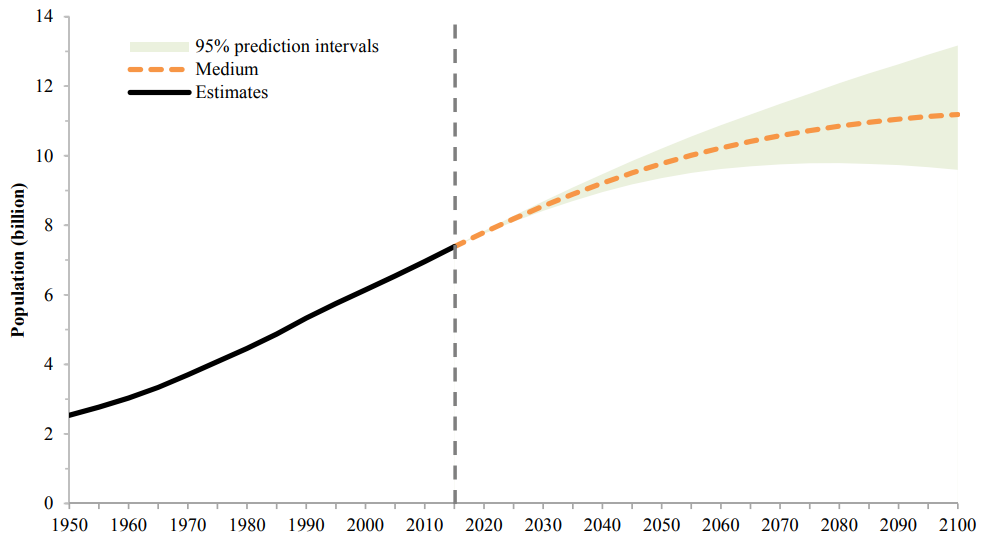
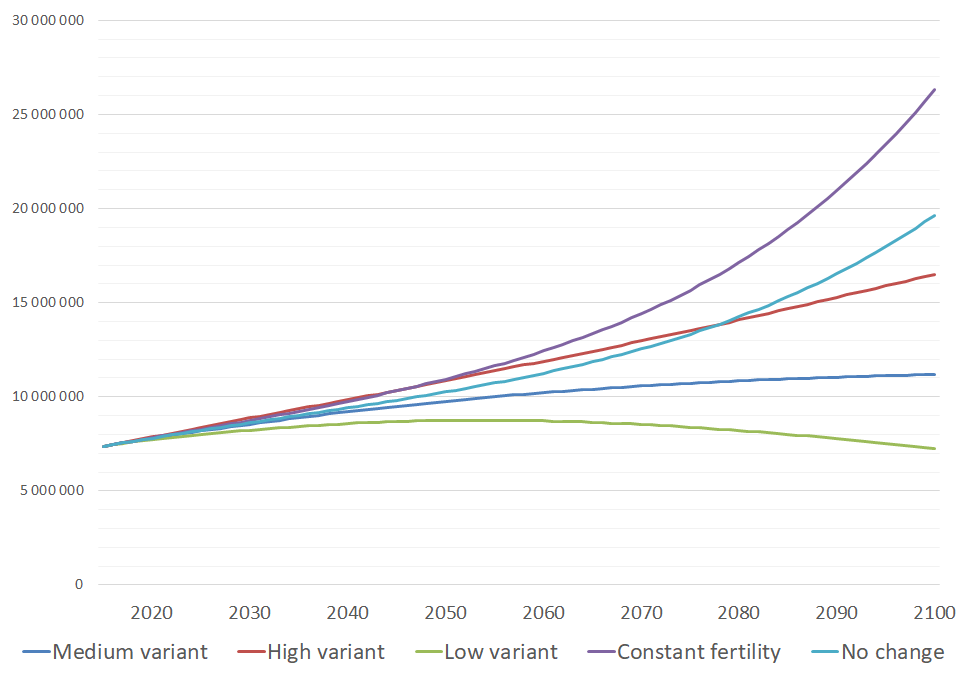
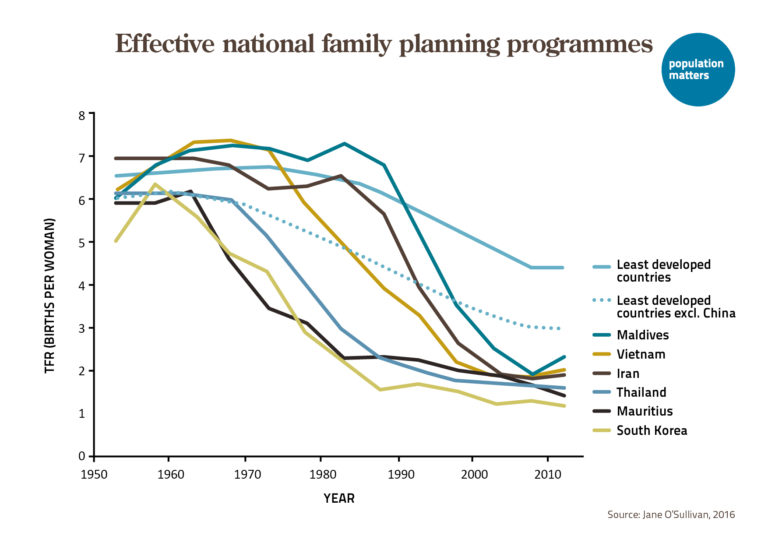

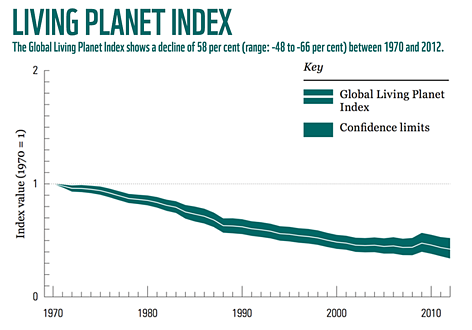
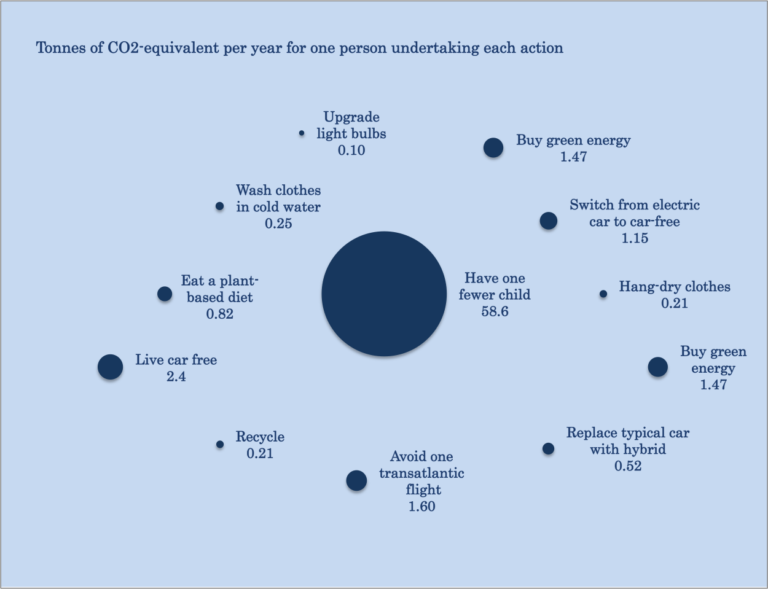

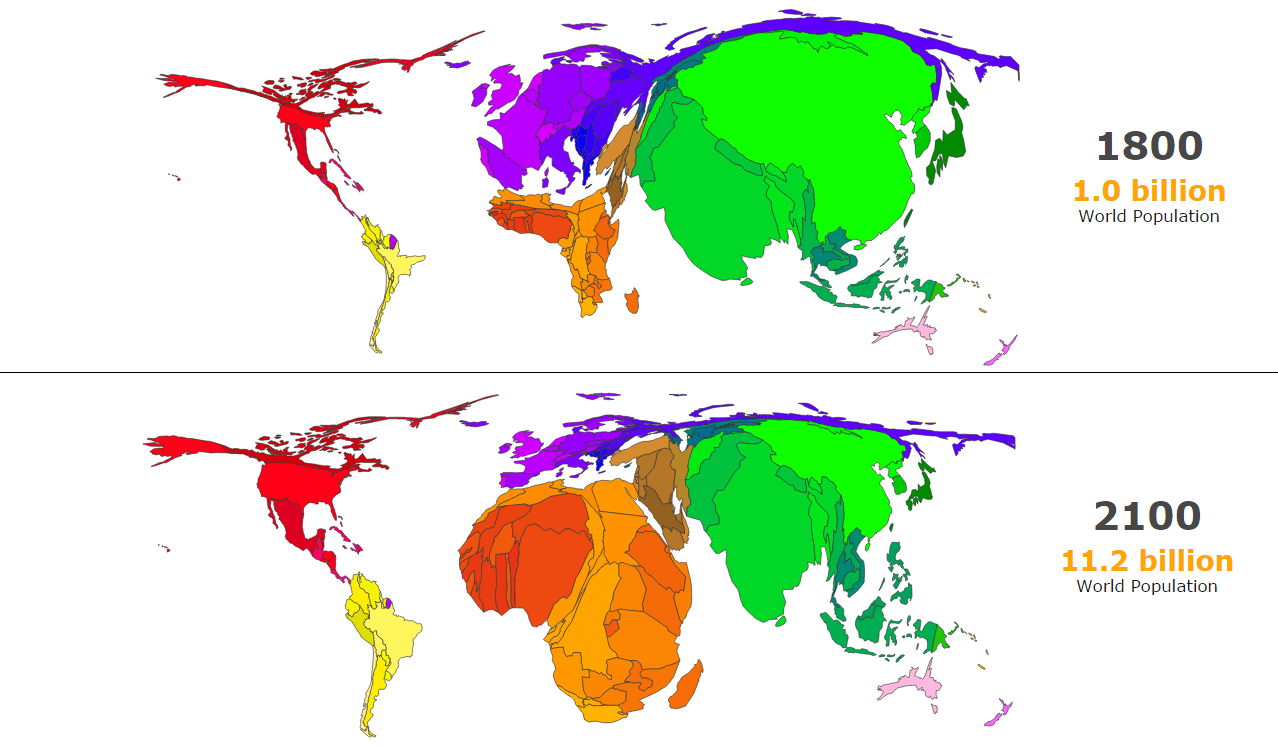
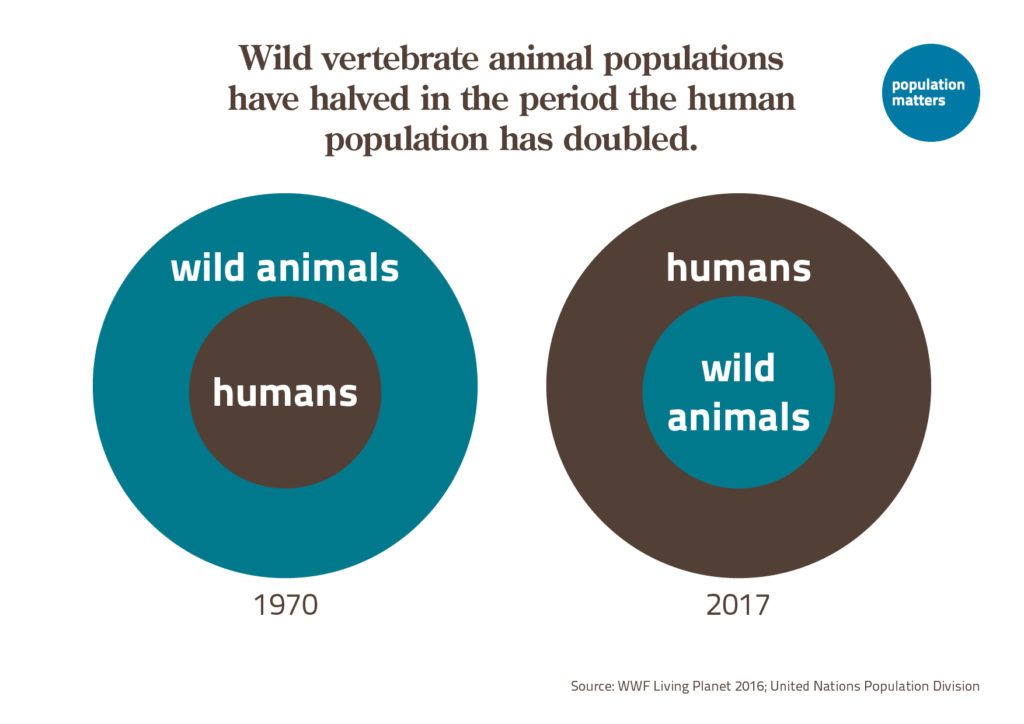
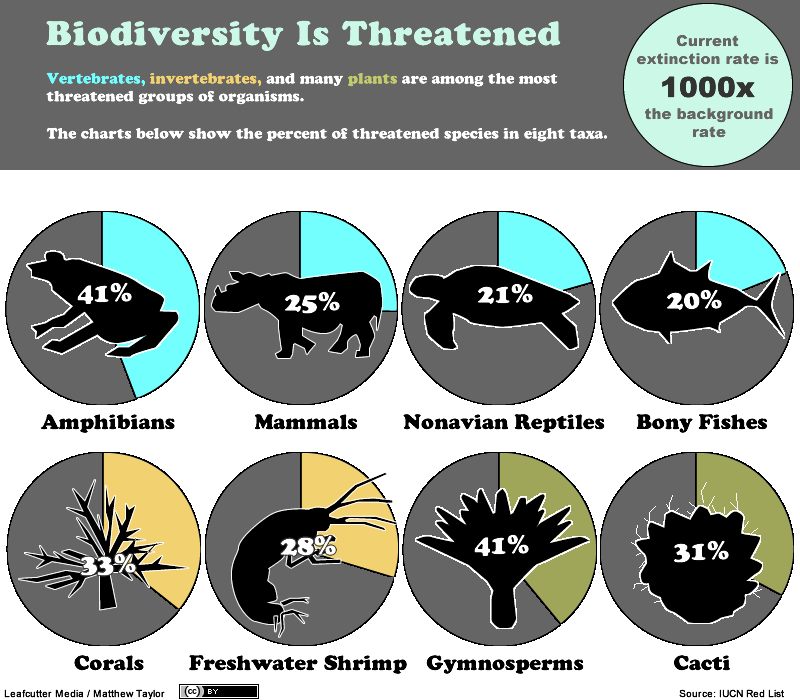
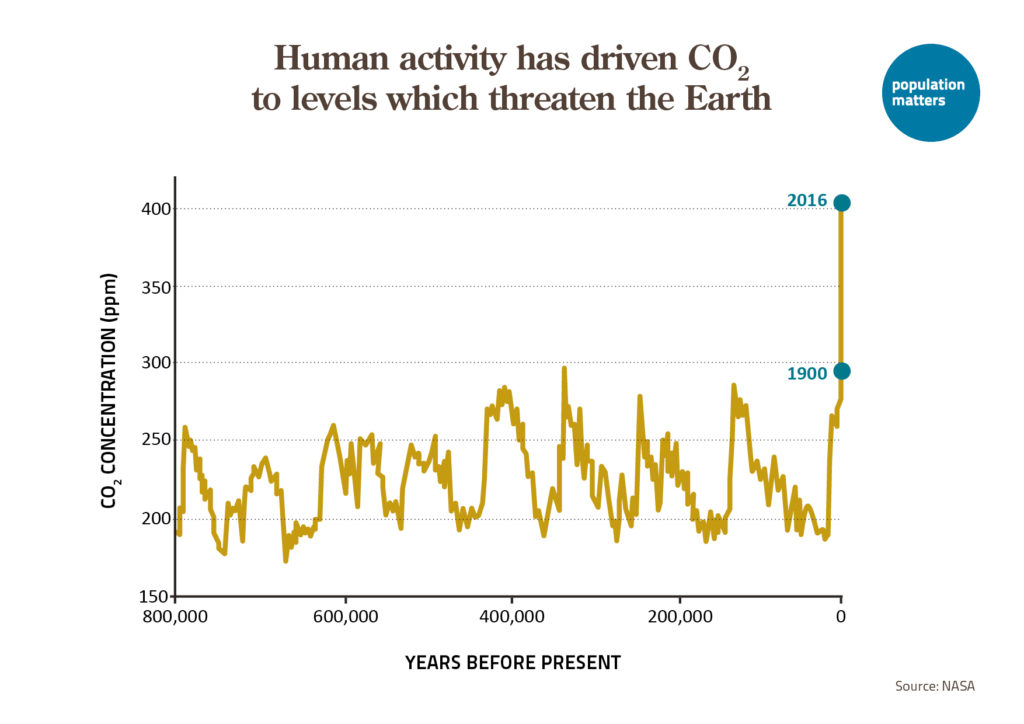
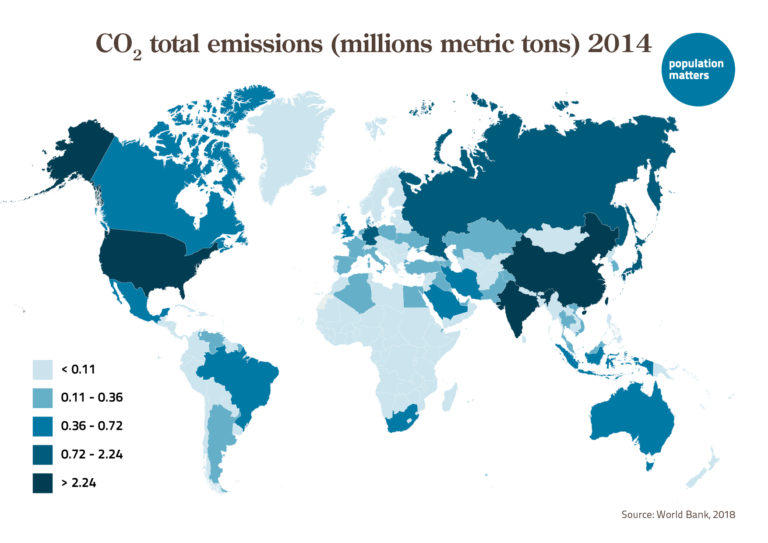

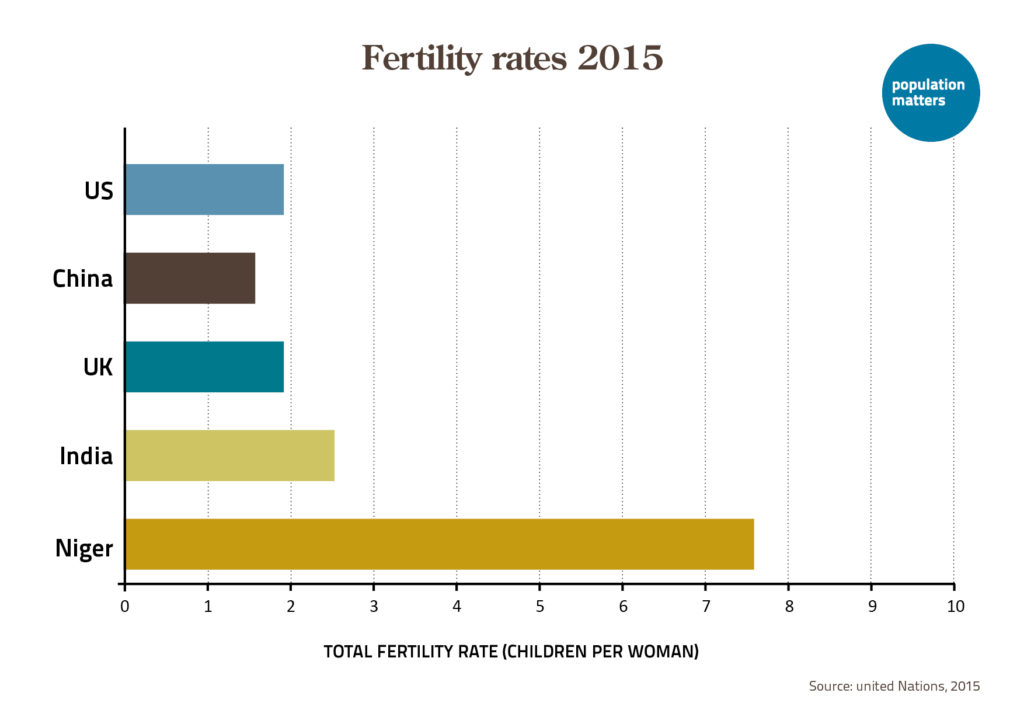
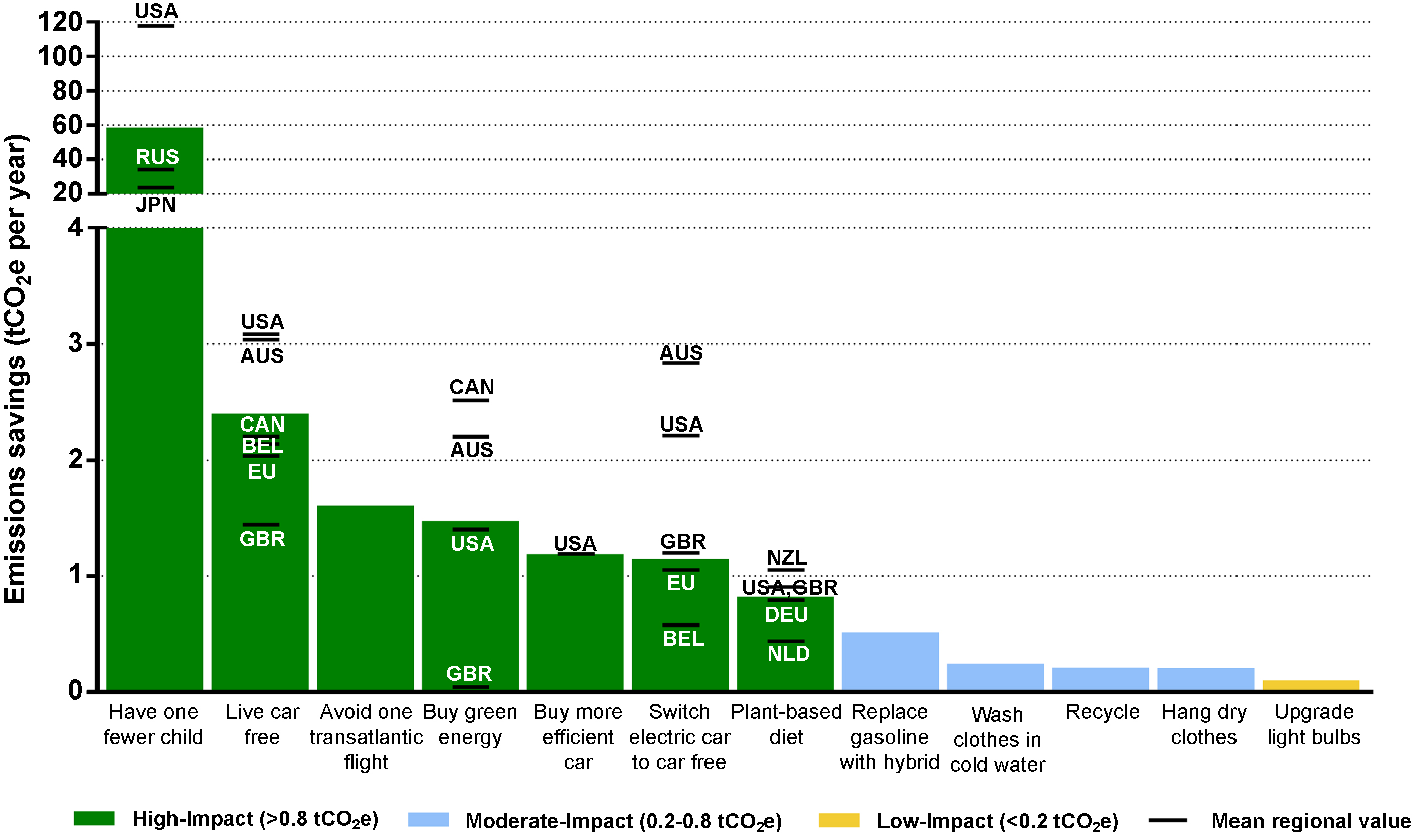



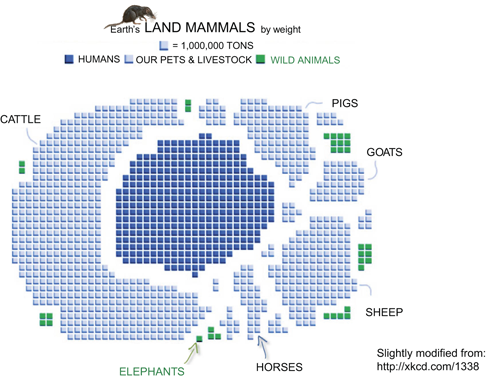

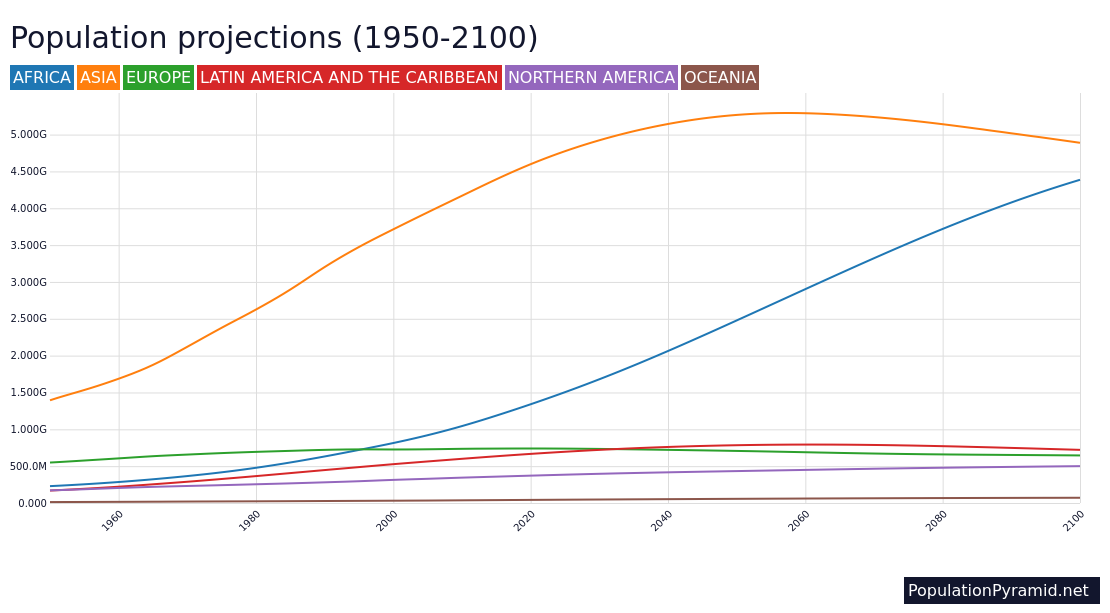
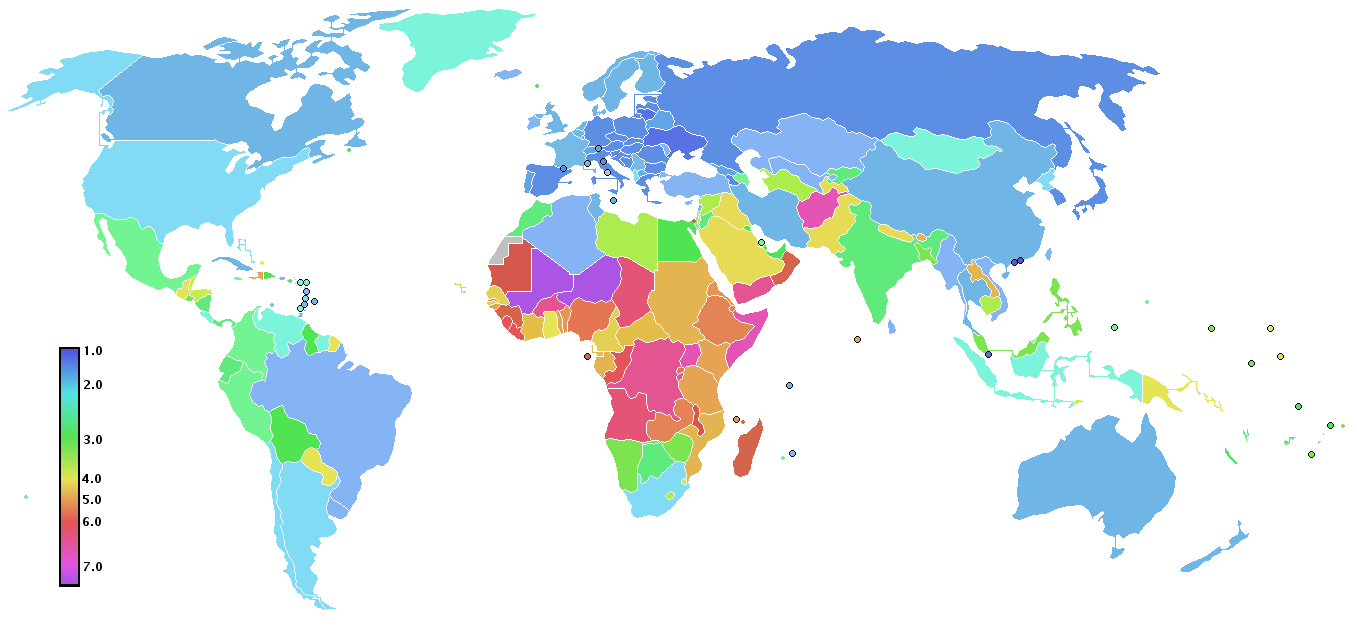
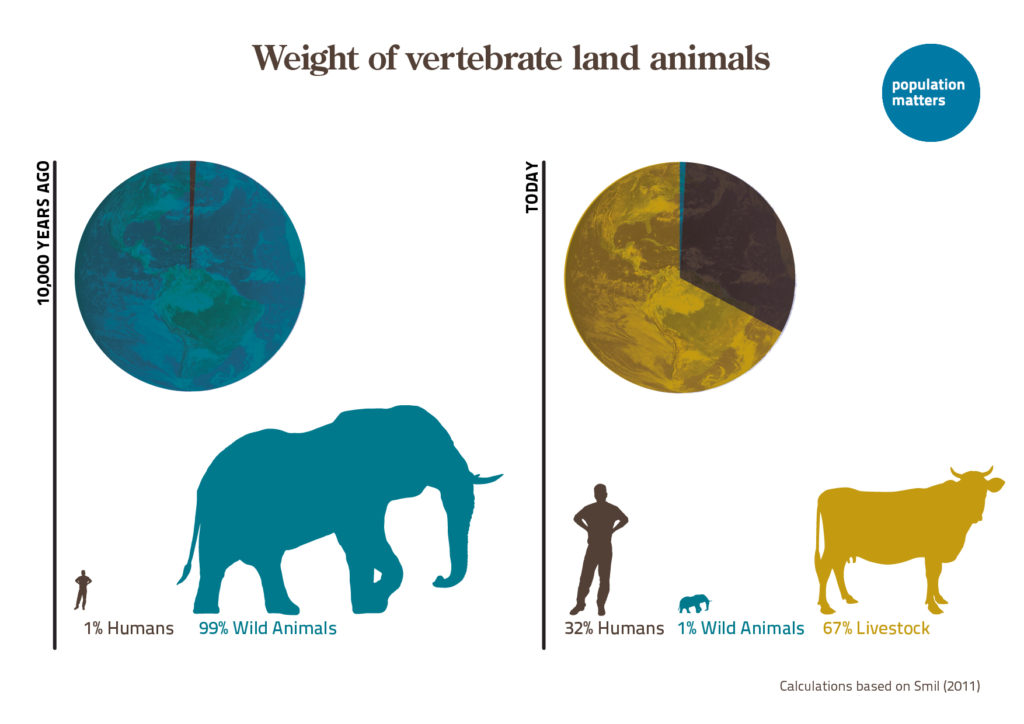

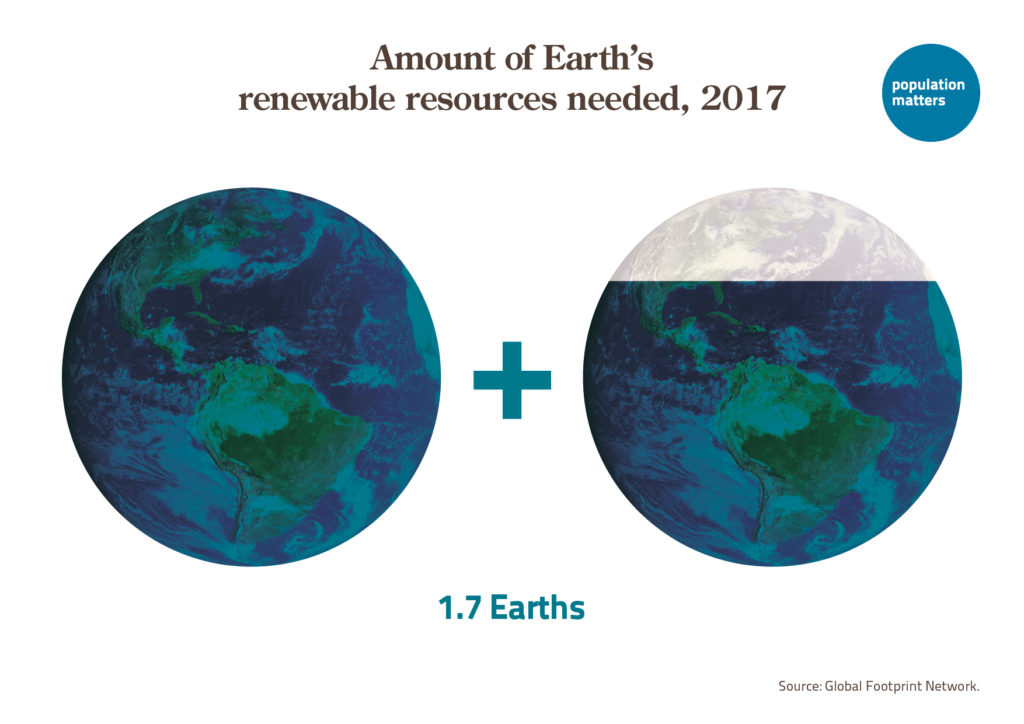


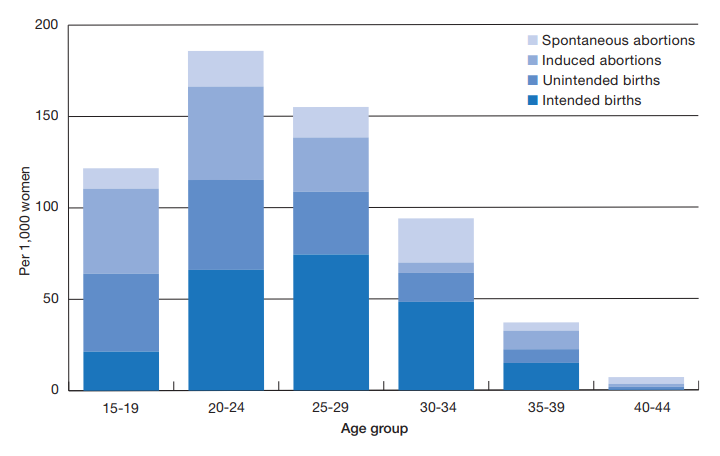
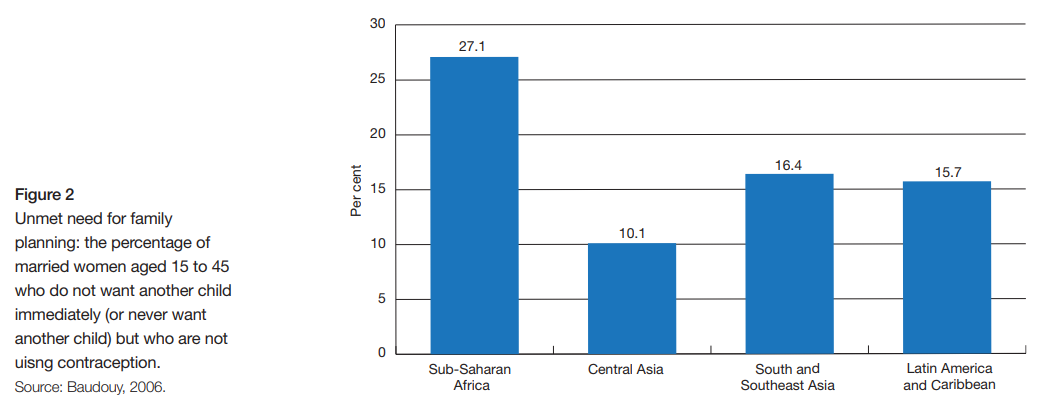
Leave a Reply